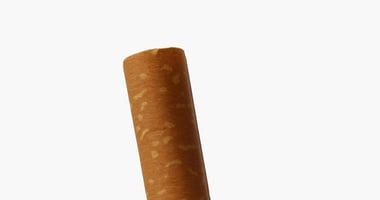Experiencing frequent or intense pain is linked to hazardous drinking in people who smoke tobacco,...
Great American Smokeout Is a Day to Focus on Quitting the Habit
 |
And the benefits of quitting smoking are by no means limited to improvements in physical health. "Smoking cessation is associated with reduced depression, anxiety, and stress and improved positive mood and quality of life compared with continuing to smoke. The effect size seems as large for those with psychiatric disorders as those without. The effect sizes are equal to or larger than those of antidepressant treatment for mood and anxiety disorders," researchers have found in a study published in BMJ based on a systematic review of research and a meta-analysis. "Smokers can be reassured that stopping smoking is associated with mental health benefits," the researchers emphasized.
For more on smoking and mental health, see the Psychiatric News article "Smoking Cessation for Patients Called an Urgent Priority."
APA is holding a #YourMH @twitter chat today on smoking cessation in observance of the Great American Smokeout. Join your APA colleagues in responding to questions and comments from the public from noon to 1 p.m. EST. To join, use #YourMH (stands for "Your Mental Health") or @apapsychiatric. If you haven't created a Twitter account yet, click here to do so now. Here's your chance to share your knowledge and insights.





